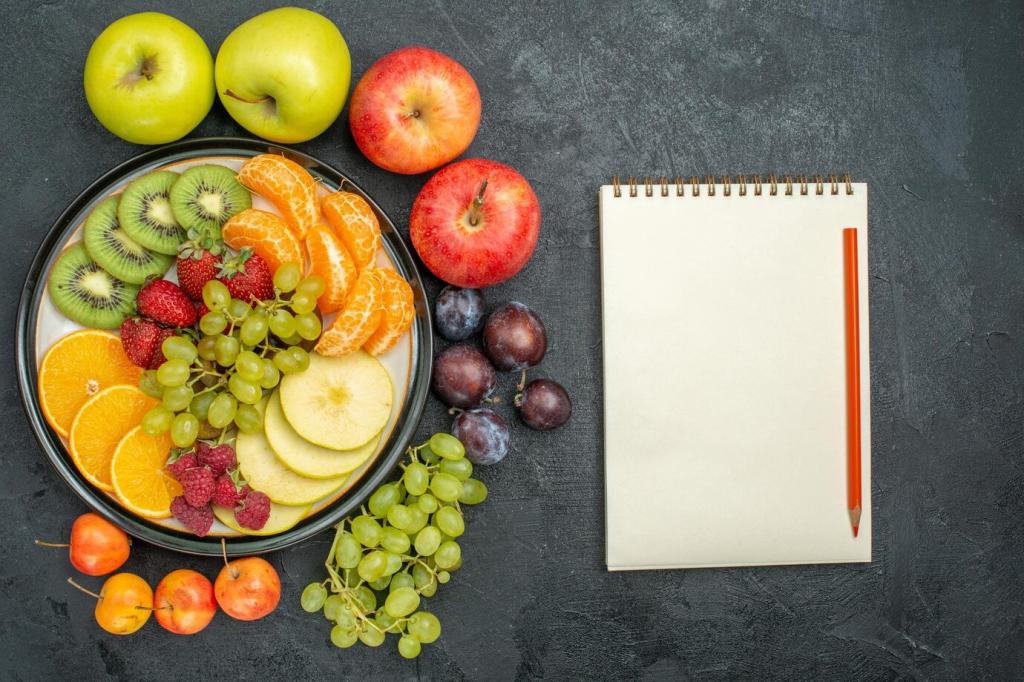Plant-Powered Performance: Vegan and Vegetarian Diets for Athletes
Selected theme: Vegan and Vegetarian Diets for Athletes. Step into a confident, energizing space where plant-based nutrition meets training goals, race-day rituals, and real-life stories that help you perform stronger, recover faster, and enjoy the journey. Join our community, share your wins, and subscribe for weekly playbooks tailored to plant-fueled athletes.


Fueling Fundamentals for Plant-Powered Athletes
Aim for roughly 1.6–2.2 g/kg/day of protein, distributed across meals to hit leucine-rich servings. Combine soy, lentils, tofu, tempeh, seitan, quinoa, and buckwheat to cover essential amino acids. Share your go-to high-protein plant meals in the comments.
Fueling Fundamentals for Plant-Powered Athletes
Match carbohydrates to training intensity: more on heavy days, less on recovery days. Fuel before sessions with easy-to-digest carbs, and replenish glycogen afterward. Experiment with 3–7 g/kg daily, adjusting for endurance blocks, and tell us what timing boosts your energy most.
Micronutrients That Matter
Vitamin B12 supports red blood cell formation and neurological health. Fortified foods help, but a reliable supplement is typically essential on vegan diets. Consider a consistent regimen and regular blood checks. Have you found a B12 routine that fits your schedule?

Building Muscle on a Plant-Based Plate

Target 20–40 grams of protein per meal and about 2–3 grams of leucine to stimulate muscle protein synthesis. Soy foods, pea protein blends, and tempeh are reliable staples. Track your meals for a week and tell us which combinations deliver the best training outcomes.
Endurance Edge from Plants
Beet juice, arugula, and spinach deliver dietary nitrates that can support exercise economy. Many athletes use 400–800 mg nitrate, two to three hours pre-session. Avoid antibacterial mouthwash near dosing to preserve conversion. Tell us how beets influenced your time trial or tempo day.
Real-World Playbook: A Day with Maya, a 10K Runner
Training Day Menu
Breakfast: overnight oats with chia, berries, and soy milk. Lunch: tofu grain bowl with farro, greens, and tahini. Pre-run: banana and dates. Post-run: smoothie with pea protein. Dinner: black bean chili and cornbread. What swaps would you make for your goals?
Travel and Race Day Tactics
Maya packs shelf-stable snacks, scouts grocery stores near the venue, and confirms hotel fridges. She carries instant oats, nut butter packets, and electrolyte tabs. What travel trick saved your race morning when options were limited?
Grocery Staples for Busy Weeks
Her basket always includes tempeh, tofu, canned beans, quinoa, oats, frozen berries, greens, tahini, walnuts, and flaxseed. Batch-cooking grains and roasting chickpeas creates effortless meals. Share your plant-powered staples to inspire the community shopping list.
Fiber Diversity for a Strong Microbiome
Aim for thirty different plants a week to feed diverse microbes that produce short-chain fatty acids. Gradually increase fiber and fluids to protect comfort. Which new plant foods will you add to your rotation this month?
Fermented Foods and Prebiotics
Tempeh, kimchi, sauerkraut, miso, and plant-based kefir add tangy complexity and potential gut benefits. Prebiotics like onions, garlic, asparagus, and bananas further nourish helpful bacteria. Tell us your favorite fermented side that pairs with training-day meals.
